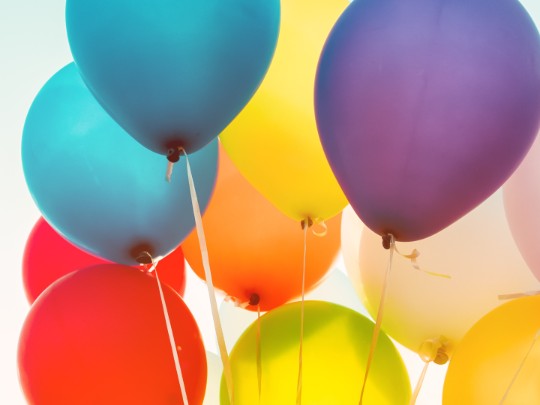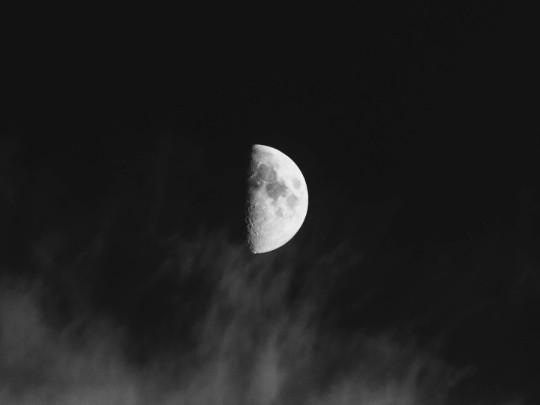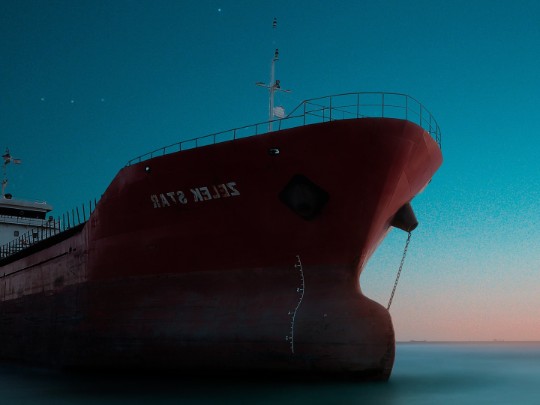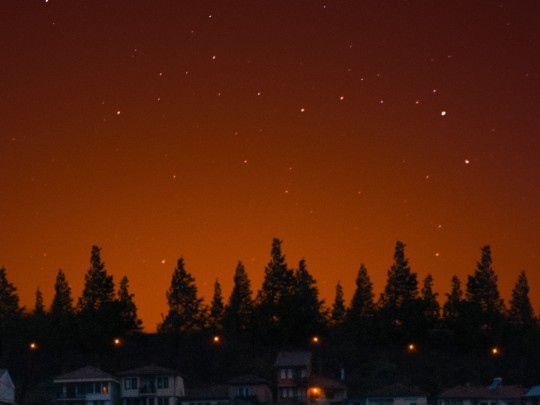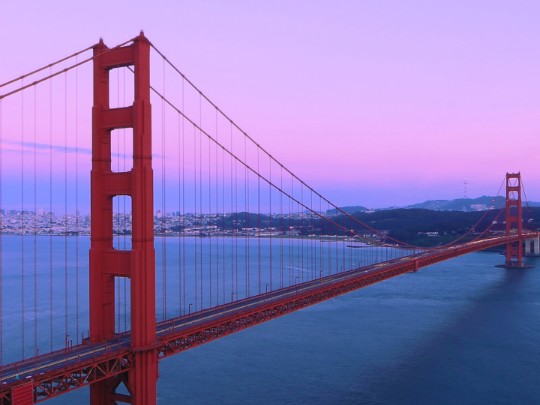Painting the Night: Capturing Stunning Light Trails on Aussie Roads
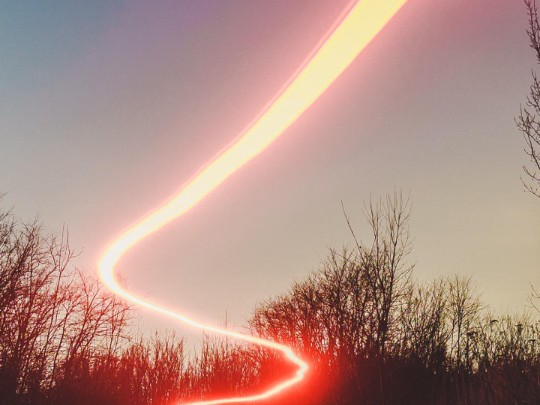
There's something undeniably captivating about driving down a quiet road at night in Australia. The hum of the engine, the vast darkness, and the occasional flash of headlights create a unique atmosphere. But imagine transforming that scene into a breathtaking work of art – that’s the magic of light trail photography!
Light trail photography, also known as light painting, is a fantastic way to capture the essence of movement and create visually stunning images. It all boils down to long exposure – leaving your camera's shutter open for a longer period than usual. As cars and other vehicles whiz by, their headlights and taillights leave luminous streaks across the frame, effectively 'painting' the darkness with vibrant colours.
Finding Your Perfect Spot: Location is Key
The right location is absolutely crucial for successful light trail photography. Think about it: you need a clear view of traffic. A long, straight stretch of road, ideally with minimal ambient light pollution (away from city centres is best!), is your ideal canvas. Consider the surroundings too - a scenic backdrop can really elevate your image. Think about a bridge, a coastal road with ocean views, or even a country lane lined with trees.
Gear Up for Success: Essential Equipment
- Tripod: Absolutely essential! Long exposures require rock-solid stability to avoid blurry images.
- Camera with Manual Mode: You'll need to control shutter speed, aperture, and ISO.
- Remote Shutter Release (Optional): Minimises camera shake when triggering the shutter.
Experimentation is the Name of the Game
The beauty of light trail photography lies in experimentation. Shutter speed is the key variable here. A faster shutter speed (e.g., 1-2 seconds) will produce shorter, more subtle trails, ideal for capturing a sense of speed. A slower shutter speed (e.g., 10-30 seconds or even longer!) will create dramatic, sweeping arcs – perfect for emphasising the movement of traffic. Don't be afraid to try different settings!
Composition and Creativity
Think beyond just the light trails themselves. Incorporate elements into your composition to add depth and interest. A lone tree silhouetted against the sky, a distant building, or even a person standing on the roadside can all contribute to a more compelling image. Play with leading lines – the trails themselves can be used to guide the viewer's eye through the scene.
Light trail photography isn't just about taking a picture; it's about capturing a feeling – the dynamism of the night, the beauty of movement, and the surprising artistry that can be found in the most ordinary of places. So, grab your camera, head out onto an Aussie road, and start painting the night!

